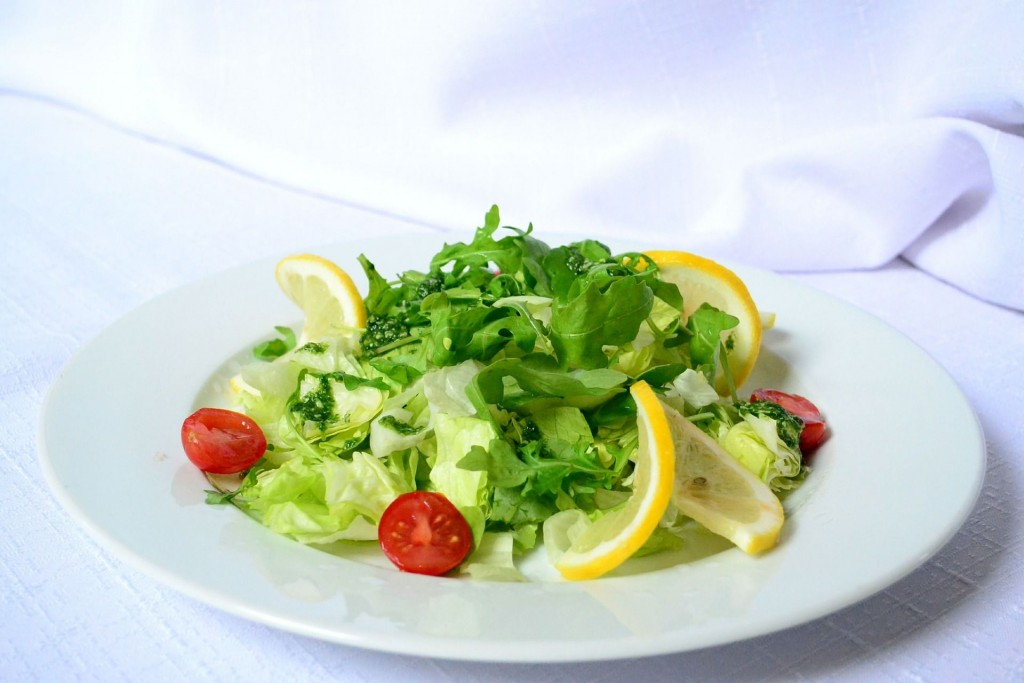
If you’ve read my article on Why Diets Suck you know my stance on diets and dieting in general. But let’s get something straight. Restrictive diets are BS, yes. However, if you’re carrying a spare tire around your waist or can’t take a 10 minute stroll without passing out you should consider rethinking your eating habits.
But where do you start? And how?
If you’ve ever tried to lose weight, you probably know it’s not as easy as it looks on paper. But that was before you read my articles. I will share with you six bulletproof strategies that will help you lose the extra weight for good. Let’s get right to it.
1. Enter the Energy Deficit
No two ways about it. If you want to lose weight you need to take in less energy (calories) than your body expends on a day to day basis. You can do this by eating less and/or by being more active.
You must create and maintain a negative energy balance, forcing your body to dig into its fat stores for energy.
There are many ways to go about it. Most of them, unfortunately, will do more harm than good. If your goal is to lose weight while keeping your metabolism firing and staying sane, I’ve got you covered.
2. Don’t train to lose weight, eat to lose weight
Create the energy deficit necessary for weight-loss with your diet, not your training.
Why, you ask? If you keep increasing the frequency, duration and/or intensity of your workouts to burn off the calories, you’ll hit the wall sooner rather than later. Your metabolic rate will drop and you’ll become more “efficient” at utilizing calories.
Sounds good, eh?
No. Truth is you’ll have an even harder time losing weight, and you’ll feel miserable as a bonus. This innate survival mechanism got us through times of hardship and low food availability in the past. Today however, it can make fat loss a nightmare if you don’t know what you’re doing.
In an effort to compensate for the high energy expenditure, your body will also ramp-up appetite, forcing you to eat more (double bonus). Hello cravings and hunger pangs. Time to EAT!
But seriously, don’t do that to yourself.
“I’ve been couting calories and eating at a deficit for a month and the weight won’t come off!”
If you struggle to kick start your weight-loss, despite eating less, don’t throw the baby out with the bathwater (always wanted to say that). There are a few things you can do to speed up the process.
3. Eat Less Junk
While I’m all for making your diet as enjoyable as possible, there’s no denying that temporarily abstaining from sinful delights (cakes, cookies, snack foods, sugary drinks and the like) can help you reach your goals faster.
It’s more about readjusting your metabolism than restricting calories, at this point.
Reduce the amount of processed junk until your weight starts going (back) down. Some people can’t simply eat less of the “good stuff”. As soon as they take a bite or a sip, they end up eating the entire bag or drinking the whole gallon. In that case, cut out those foods and drinks entirely until you’ve lost the desire to inhale every cookie in sight. Trust me, after eating real food for a couple weeks, you won’t be inclined to indulge anymore.
4. Lower Your Carbohydrate Intake
This is especially helpful for individuals who struggle to lose weight despite lowering their calories and improving diet quality (i.e. eating “clean”).
Some folks simply can’t metabolize carbs efficiently. While a calorie remains a calorie, regardless of macronutrient composition, I’d still recommend focusing on protein and fats over carbohydrates.
If you’re eating less and not seeing the results you had hoped for it’s time to reassess your diet.
“Alright I get it. But how low should I go?”
Try keeping your carbs under 30% of your total calories. Let’s say you eat 2000 calories a day. Limit your carbs to no more than 150 grams/day. Fill up the remainder of your calories with protein and fat. No need to cut out any foods or meals from your diet. Just stay within your boundaries and give it some time. A lifetime of bad eating can’t be reversed in 14 days.
5. Get Active
Increasing physical activity while simultaneously decreasing food intake will whip you into shape fast. But remember, don’t abuse training to burn 1500 calories a day. Your body will make you pay for it.

Strength training is the most effective exercise to get lean and fit. It will help you keep more muscle during periods of decreased energy availability. Train hard to retain your lean mass and speed up fat loss. 2-4 sessions a week is all you need.
In addition to strength training you should focus on increasing your activity levels.
“You mean cardio?”
No need to hit the treadmill. I’d rather you do something useful with your time. Focus on being more active during the day. Go for walks, use the stairs, ride the bike to work. You get the point.
Doing excessive amounts of cardio will only increase your hunger and you’ll be more likely to go off your diet. There’s nothing wrong with the occasional run or jog, but don’t kill yourself 7 days a week to lose weight. Eat to lose weight, don’t train to lose weight.
6. Eat Less Often
The majority of weight-loss programs will have you eating multiple tiny meals throughout the day to keep blood sugar stable and increase your metabolism. This will help you shed the excess weight fast.
Absolute bullshit.
There’s no data to support that notion (read, read). Actually more and more research is starting to show that a decreased meal frequency might be superior for weight loss and diet adherence (read, read). If you eat 3 satisfying meals a day you’re more likely to stay on the regimen than if you had to eat 6 measly chicken breast salad meals.

“How many meals should I be eating then?”
I’m a big proponent of eating less often. I don’t think humans evolved to eat every 2-3 hours. Don’t believe that “breakfast is the most important meal of the day” or that your body will go into “starvation mode” if you miss a meal. Use common sense.
At the end of the day, individual preference should determine how often you eat in a day. If you feel better eating more frequently, do that. But don’t be afraid to experiment with the number of your meals and your meal timing.
For most people, I’d recommend 2-3 larger meals per day. Eat a traditional breakfast-lunch-dinner. Alternatively, you can skip breakfast and enjoy a larger lunch and dinner. No snacks! Give your digestion a (much-needed) break between meals.
Remember, the amount you eat (still) determines whether you gain or lose weight. Even if you eat 1 meal a day (I actually did that for 2 years… told you I tried it all) but eat too much, you’ll gain weight.
How To Get Lean:
• Create an energy deficit
• Don’t train to lose weight, eat to lose weight
• Eat less junk
• Limit your carbohydrates
• Get active
• Eat less often
Some of you might think this is grossly oversimplified. A few years ago I might have agreed with you, as I was always on the outlook for the next best (“scientifically proven”) thing. Now I know this: The simpler the better.
You don’t need a high-tech formula to lose weight and get lean. What you need is a plan and the willingness to see it through to the end.
Thank you for reading
Victor
Resources:
Kulovitz, M.G./Kravitz, L.R./ Mermier, C./ Gibson, A.L./ Conn, C.A./ Kolkmeyer, D./ Kerksick, C.M. (2014). Potential role of meal frequency as a strategy for weight loss and health in overweight or obese adults. Nutrition. 30(4):386-92.
Leidy, H.J./ Campbell, W.W. (2011). The effect of eating frequency on appetite control and food intake: brief synopsis of controlled feeding studies.J Nutr. 141(1):154-7.
Munsters, M.J./ Saris, W.H. (2012). Effects of meal frequency on metabolic profiles and substrate partitioning in lean healthy males. PLoS One. 7(6):e38632.
Perrigue, M.M./ Drewnowski, A./ Wang, C.Y./ Neuhouser, M.L. (2016). Higher Eating Frequency Does Not Decrease Appetite in Healthy Adults.J Nutr. 146(1):59-64.
Sacks, F.M./ Bray, G.A./ Carey, V.J./ Smith, S.R./ Ryan, D.H./ Anton, S.D./ McManus, K./ Champagne, K.M./ Bishop, L.M./ Laranjo, N./ Leboff, M.S./ Rood, J.C./ de Jonge, L./ Loria, C.M./ Obarzanek, E./ Williamson, D.A. (2009). Randomized Trial Comparing Fat, Protein, and Carbohydrate Composition of Diets for Weight Loss for Two Years. NEJM, February 26, 2009, vol. 360, no. 9
Haha wieder mal so perfekt mit den Bildern untermauert 🙂
Danke Maindl